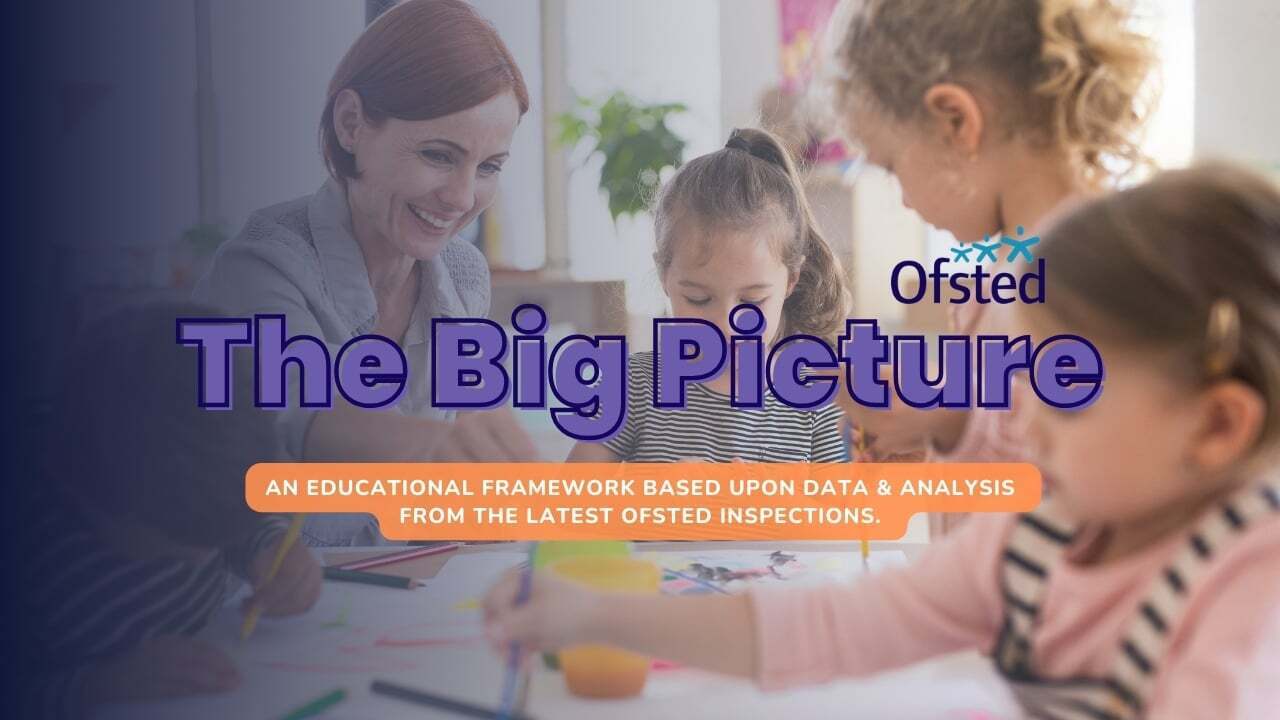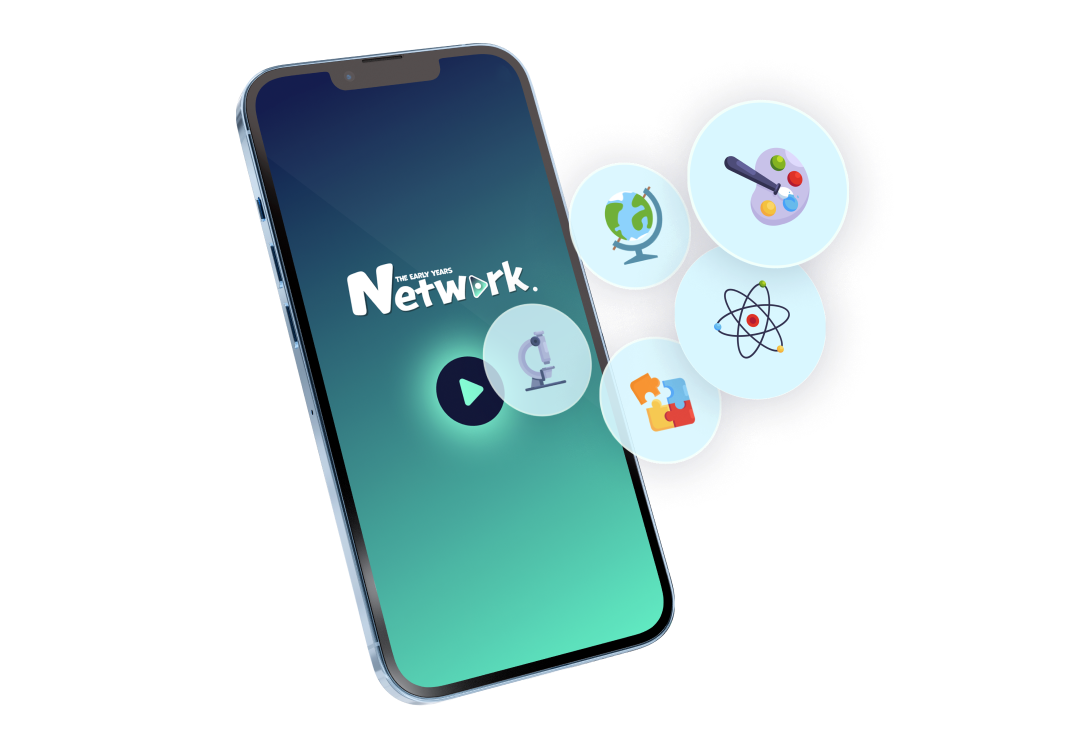Embracing diversity and difference in early childhood education is paramount for creating inclusive learning environments where every child feels valued, respected, and represented. By celebrating diversity in all its forms – including race, ethnicity, culture, language, ability, family structure, and more – educators cultivate a sense of belonging and acceptance among children. Through multicultural literature, music, art, and activities, children gain exposure to different perspectives, traditions, and ways of life, fostering empathy, understanding, and appreciation for cultural diversity and how the world works!






